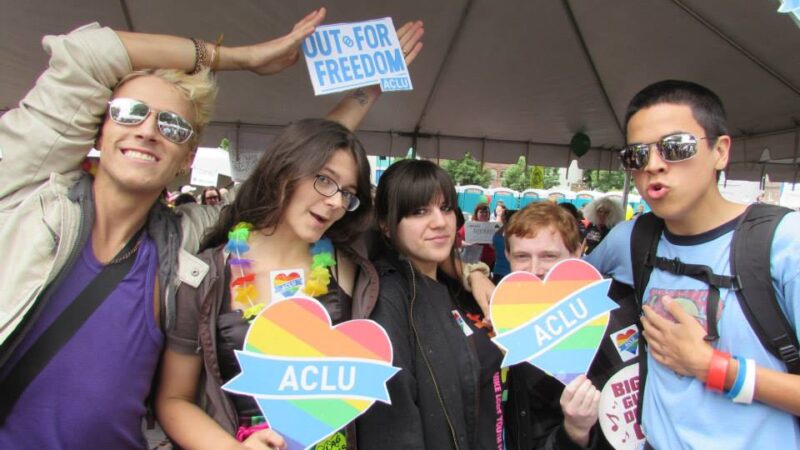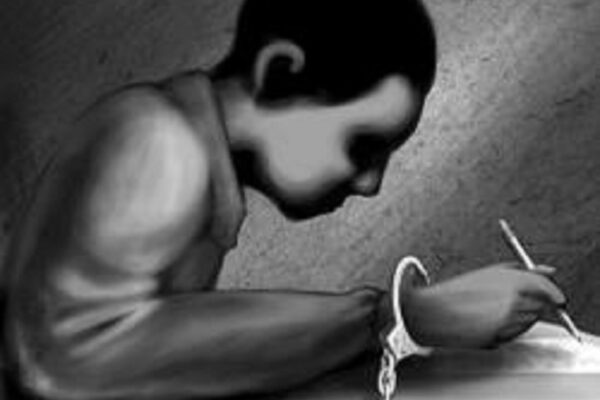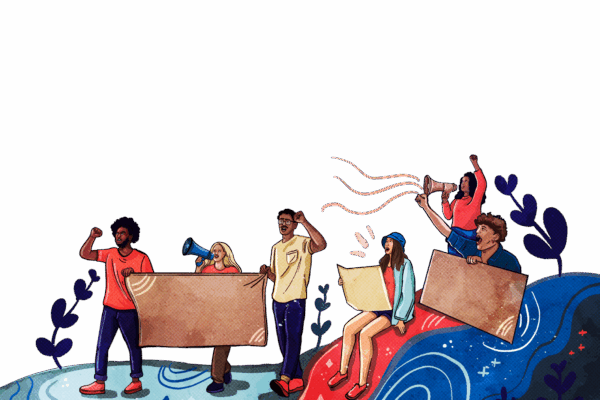Youth & Student Rights
Youth and students' fundamental freedoms and rights are protected by the constitution. The ACLU works with teachers, parents, students, community members, and legislators to ensure equality and dignity for all Oregon youth.

What you need to know
Pushed Out
Black students are disproportionately likely to be removed from the classroom for disciplinary reasons.
60,000
60,000 children are incarcerated in juvenile facilities nationwide on any given day.
"In our system, state-operated schools may not be enclaves of totalitarianism. School officials do not possess absolute authority over their students. Students in school, as well as out of school, are 'persons' under our Constitution. [Students do not] shed their constitutional rights to freedom of speech or expression at the schoolhouse gate.”
-- Justice Abe Fortas, Tinker v. Des Moines, 1969
Violations of the constitutional rights of students are far too common in public schools across the country. Articles about controversial subjects written for student newspapers are censored. Lockers, back packs and even students, through increased use of drug testing, are searched without reasonable suspicion. Female students are excluded from certain extracurricular activities, and LGBTQ+ students are intimidated into silence.
The Constitution protects specific individual rights like freedom of speech, the right to privacy, and freedom of religion from intrusion by the government. The Constitution does not place age requirements on these freedoms. Despite the court rulings that have limited student rights, the ACLU believes that all individuals, including young people, should enjoy these basic rights.Teachers and administrators have a responsibility to provide a safe environment for the students that is conducive to learning. They also have a responsibility to respect each student's individual rights. These two missions are not incompatible. Young people have rights too!
The ACLU works to ensure that young people are educated about the Bill of Rights and that their rights to freedom of speech and fair treatment by government are respected. We support constructive alternatives to efforts that target youth as a group in need of severe measures that restrict civil liberties.
The ACLU of Oregon is also committed to issues of juvenile justice, focusing on challenging the "school-to-prison pipeline," a disturbing national trend wherein children are funneled out of public schools and into the juvenile and criminal justice systems. Many of these children have learning disabilities or histories of poverty, abuse, or neglect, and would benefit from additional educational and counseling services. Instead, they are isolated, punished, and pushed out.
Stay Informed
Sign up to be the first to hear about how to take action.
By completing this form, I agree to receive occasional emails per the terms of the ACLU’s privacy statement.
By completing this form, I agree to receive occasional emails per the terms of the ACLU’s privacy statement.




